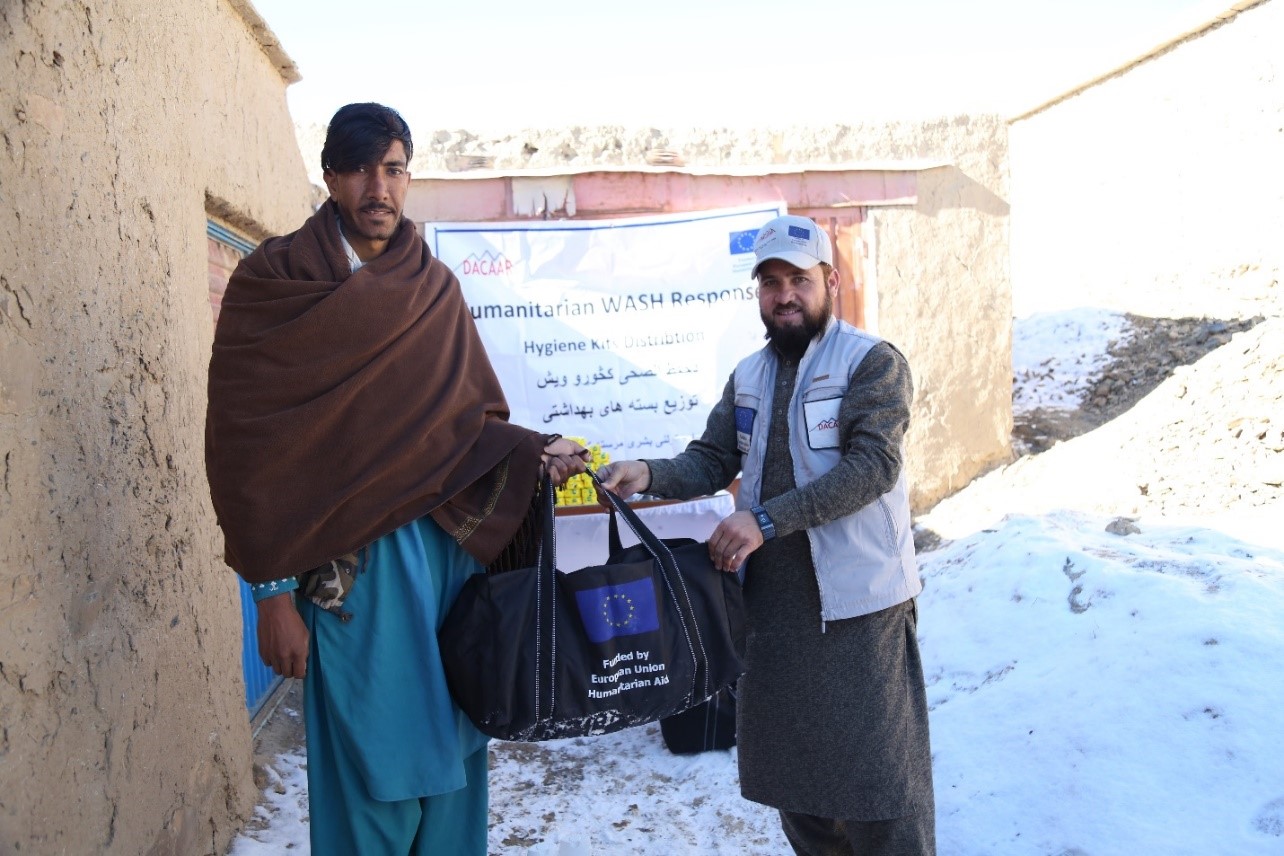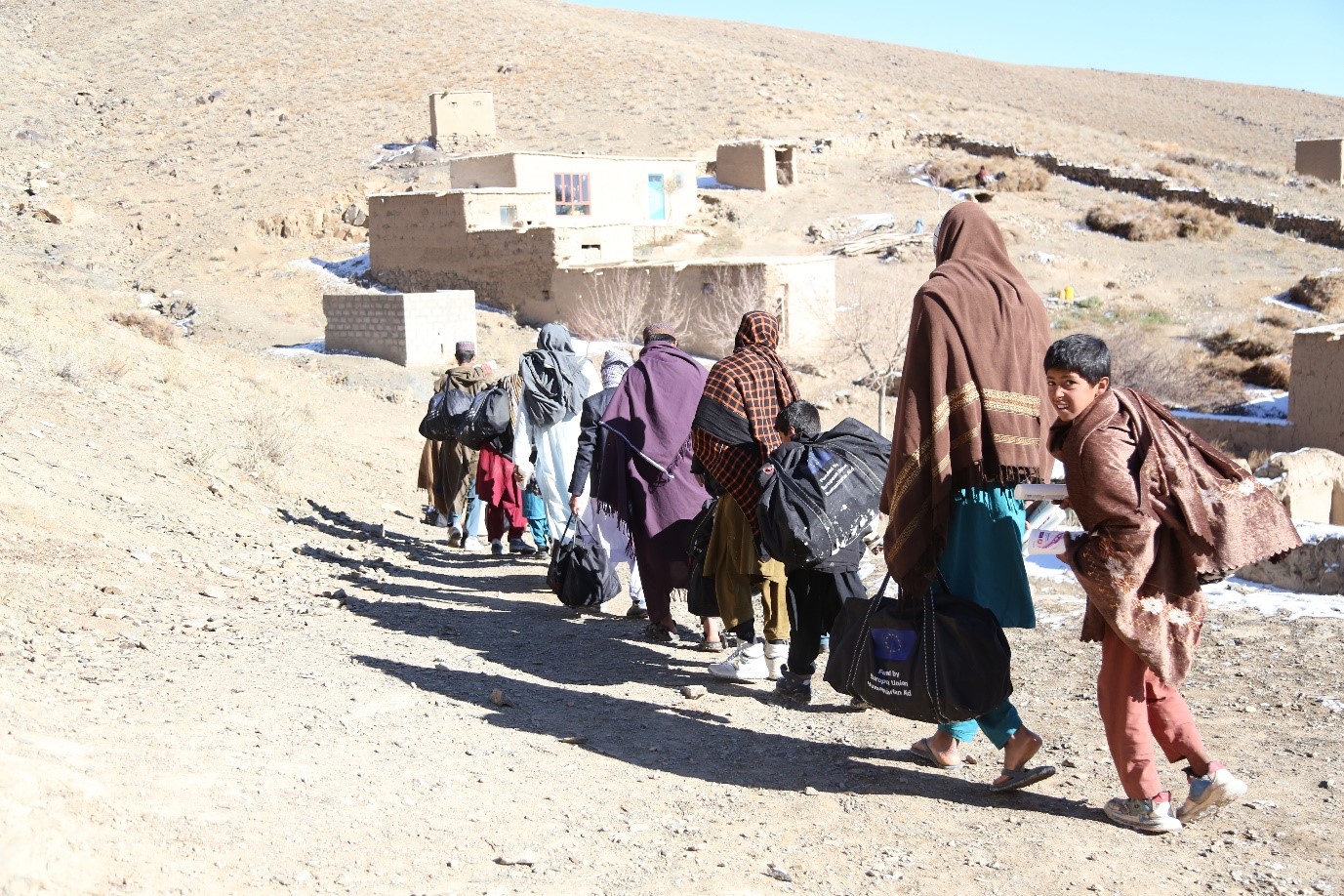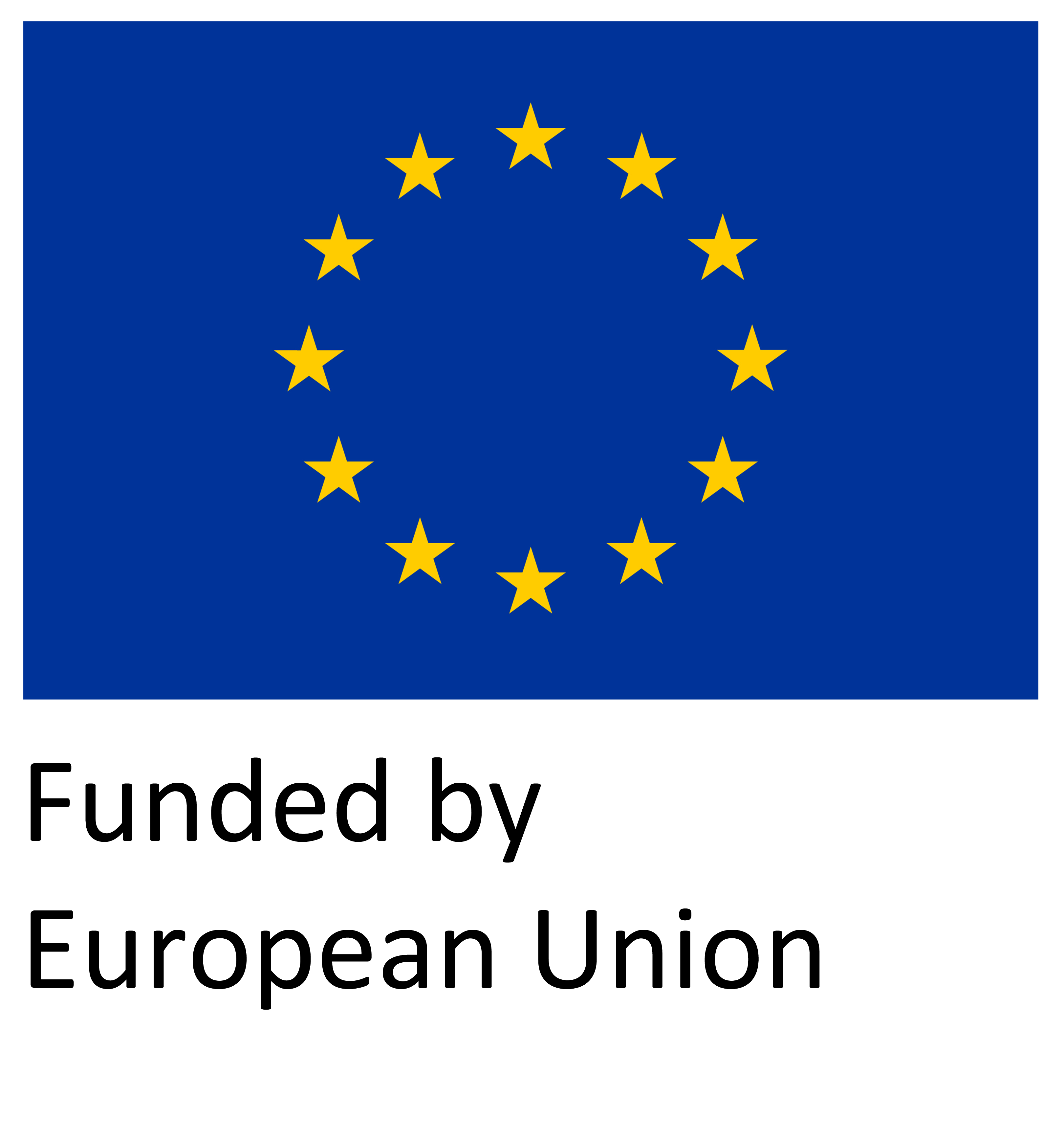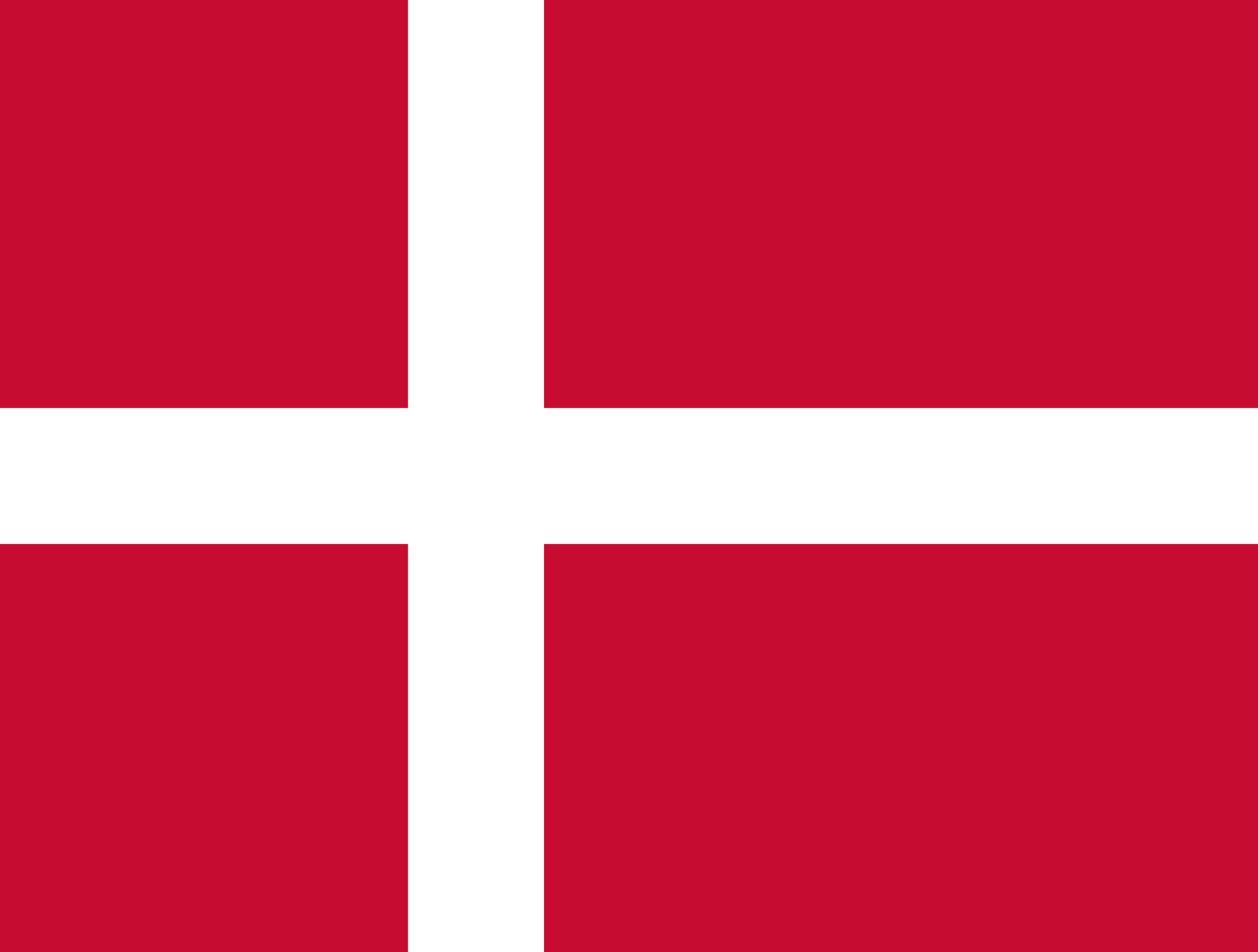From Hardship to Hope: How WASH Interventions Transformed Lives in Rural Afghanistan
In Sheikh Azam village, Sayed Abad district of Wardak province, life conditions were dire. For years, the community endured the absence of basic sanitation and clean water. The village’s only water point, a hand pump, had been non-functional for nearly four years. Residents, including women and children, were compelled to fetch water from the local stream. During harsh winters, when the stream dried up, they walked for over an hour and faced even greater hardship, relying on a faraway water source that consumed hours of their day. Open defecation was the norm, leading to frequent outbreaks of diarrhea and other waterborne illnesses. These challenges deepened the hardships faced by an already underserved and vulnerable population.
In May 2024, DACAAR implemented the Humanitarian WASH for Vulnerable, Remote, and Underserved Communities in Afghanistan project funded by the EU (European Union) https://civil-protection-humanitarian-aid.ec.europa.eu/. This one-year initiative aimed to address critical water, sanitation, and hygiene (WASH) challenges in the village. Key interventions brought tangible changes to Rohullah's family and the wider community. Emergency Baths and Latrines (EBLs) were installed, dramatically reducing open defecation. Hygiene kits and education sessions empowered residents with knowledge about proper sanitation practices. Most significantly, the rehabilitation of the community’s destroyed hand pump restored access to clean water, lightening the burdens of women and children.

Rohullah Receiving Hygiene Kit
For Rohullah, a 24-year-old who is the breadwinner of his family, these changes were transformative. He had witnessed his family struggle with water shortages and illness. Now, his family enjoys better health and easier access to safe drinking water. The rehabilitation of the hand pump meant that his family no longer needed to walk for hours to fetch water. The availability of EBLs and hygiene education reduced health risks, making their environment safer and cleaner. With fewer illnesses, Rohullah could focus more on work and supporting his family.
"Our village is now much cleaner and healthier. The changes have made a real difference in our daily lives, and I am determined to pass on these valuable lessons to others." Rohullah shared.
Even though the Humanitarian WASH Project has brought tangible improvements to the lives of Sheikh Azam’s residents, the community still faces challenges.
Rohullah stated, "The lack of access to safe drinking water creates many challenges for people, especially during the winter season. For us, just one water point rehabilitation is insufficient, as it only meets less than 30% of the village’s water needs.”
Encouraged by the project's success, the community is calling for more long-term support, including additional water facilities, job creation, and enhanced healthcare services.

Post-distribution of Hygiene Kits in Sheikh Azam

Written and photographed by: Israrullah Sahil
 Danish
Danish